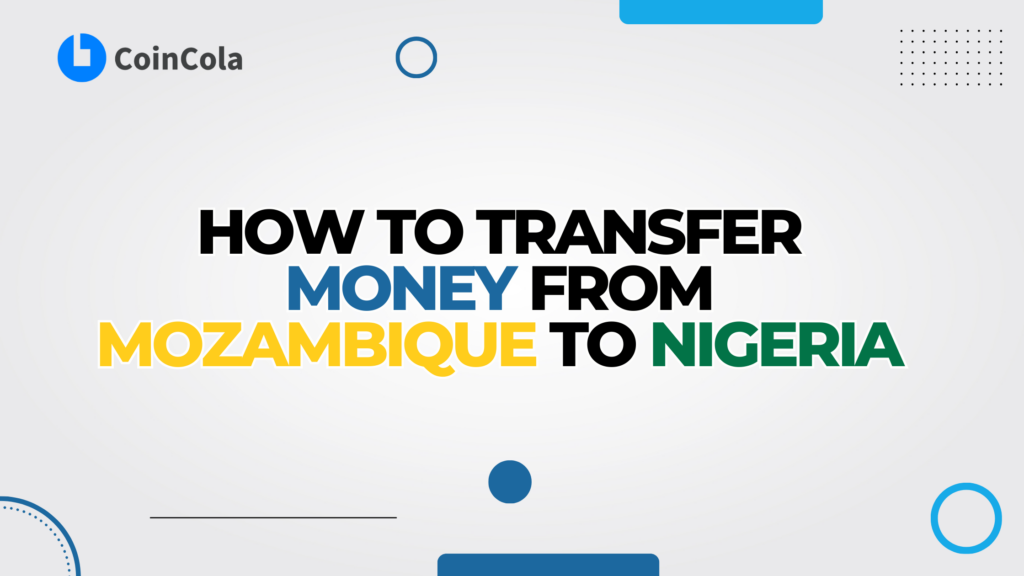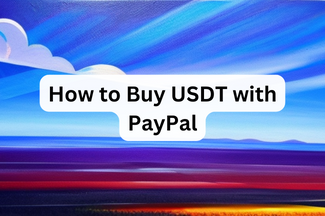How to Transfer Money from Mozambique to Nigeria

When it comes to transferring money from Mozambique to Nigeria, you might think it’s a task as daunting as navigating Lagos traffic during rush hour. But hold on, because I’m about to break it down for you in a way that even your grandmother could understand. Whether you’re sending money to support family, invest in a business, or just because someone back home needs that little financial nudge, I’ve got you covered.
Why Transferring Money from Mozambique to Nigeria Can Be Tricky
Before diving into the nitty-gritty, let’s talk about why this might seem like a challenge. First off, we’re dealing with two different currencies: the Mozambican Metical (MZN) and the Nigerian Naira (NGN). Not only do exchange rates fluctuate like a rollercoaster, but the options for transferring money between these two countries can be limited.
You may like: How to Send Money from Sweden to Nigeria
Then there’s the matter of speed and cost. Let’s be real—nobody likes waiting for days to receive funds, and high fees can make your hard-earned money shrink faster than ice in the Nigerian sun. But don’t worry, with the right approach, you can make this process as smooth as possible.
Option 1: Bank Transfers
Let’s kick off with the old-school method: bank transfers. This is probably the first thing that comes to mind when you think of sending money abroad. But is it the best option? Let’s find out.
Step 1: Choosing the Right Bank
Not all banks are created equal, especially when it comes to international transfers. You’ll want to select a bank that offers competitive exchange rates and low fees. In Mozambique, banks like Banco Internacional de Moçambique (BIM) or Banco Comercial e de Investimentos (BCI) are popular choices. On the Nigerian side, you’ll be looking at major players like First Bank, GTBank, or Zenith Bank.
Step 2: Gathering the Necessary Information
To make the transfer, you’ll need the recipient’s full name, bank name, account number, and SWIFT code. The SWIFT code is crucial as it helps identify the bank branch in Nigeria. Make sure everything is accurate because one small mistake could delay the transfer.
Step 3: Initiating the Transfer
Head to your bank, either in person or via online banking. Fill out the international transfer form, double-checking all the details. Once submitted, the transfer can take anywhere from 2 to 7 business days, depending on the banks involved.
Step 4: Keeping Track
After initiating the transfer, you’ll get a receipt or reference number. Hold on to this like it’s your last kobo because you’ll need it if there are any issues. You can track the transfer status online or through customer service.
You may like: How to Send Money from Poland to Nigeriae
Pros and Cons of Bank Transfers
Pros:
- Secure and reliable.
- Can transfer large amounts of money.
Cons:
- Slow processing time.
- High fees, especially for currency conversion.
Related: How to Send Money from Mozambique to Kenya via M-Pesa
Option 2: Money Transfer Services
If bank transfers feel like too much hassle, money transfer services are the next best thing. These companies specialize in moving money across borders faster than you can say “naira.”
Step 1: Selecting a Service Provider
There are several reputable money transfer services like Western Union, MoneyGram, and WorldRemit. These services are widely available and offer both online and in-person transfer options.
Step 2: Setting Up the Transfer
Create an account with the chosen service provider, either online or via their mobile app. Input the amount you wish to send, and the service will calculate the exchange rate and fees. Be sure to compare these rates across different providers because a few extra Meticals saved here and there can make a big difference.
Step 3: Providing Recipient Details
Just like with bank transfers, you’ll need the recipient’s full name, bank account details, or mobile wallet information. Some services also offer cash pickup options, where the recipient can collect the money at a designated location.
Step 4: Completing the Transfer
Once all the details are in, confirm the transaction. The money is usually available within minutes to a few hours, depending on the service and delivery method.
Pros and Cons of Money Transfer Services
Pros:
- Faster than bank transfers.
- Multiple delivery options (bank deposit, cash pickup, mobile wallet).
Cons:
- Fees can be higher than expected.
- Exchange rates might not be as favorable.
Related: How to Check Your Cryptocurrency Transaction Status
Option 3: Cryptocurrency Transfers
Now, if you’re a bit of a tech-savvy individual or simply looking for the most cost-effective method, cryptocurrency might just be your best bet. Think of it as the future of money transfer—borderless, fast, and often cheaper.
Step 1: Setting Up a Cryptocurrency Wallet
Before you can send any crypto, you’ll need a digital wallet. There are several options like Coinbase, Binance, or even local options like CoinCola, which cater to the African market.
Step 2: Buying Cryptocurrency
Once your wallet is set up, buy the cryptocurrency of your choice, such as Bitcoin (BTC) or USDT (Tether), from a reputable exchange.
Step 3: Sending the Crypto
All you need is the recipient’s wallet address, which is a unique string of characters. Input the amount you wish to send, and within minutes, the cryptocurrency will be transferred.
Step 4: Converting to Naira
The recipient can then convert the cryptocurrency to Naira using a local exchange or peer-to-peer (P2P) trading platforms. They can either withdraw the money to their bank account or use it directly if they choose to hold on to the crypto.
Related: What is Peer-to-Peer (P2P) Exchange
Pros and Cons of Cryptocurrency Transfers
Pros:
- Low fees.
- Fast transfer times.
- No need for bank intermediaries.
Cons:
- Requires knowledge of how cryptocurrency works.
- Price volatility can affect the value of the transfer.
Option 4: Mobile Money Services
In recent years, mobile money has revolutionized how we handle cash, especially in Africa. If you’re looking for a quick and easy way to transfer money from Mozambique to Nigeria, mobile money services might be the perfect fit.
Step 1: Registering for Mobile Money
To use mobile money, both the sender and receiver need to have a mobile money account. In Mozambique, services like M-Pesa and e-Mola are popular. In Nigeria, mobile money is still growing, but options like Paga and Opay are available.
Step 2: Initiating the Transfer
Log in to your mobile money account, select the option to send money internationally, and input the recipient’s mobile money number. Some services also allow you to send directly to a bank account.
Step 3: Confirming the Transaction
Double-check the details and confirm the transfer. The money is usually received instantly or within a few minutes.
Step 4: Receiving the Money
The recipient can then withdraw the money at any mobile money agent or transfer it to their bank account.
Pros and Cons of Mobile Money Services
Pros:
- Fast and convenient.
- Available in remote areas without bank access.
Cons:
- Transfer limits might be lower.
- Service availability can vary.
Final Thoughts
Transferring money from Mozambique to Nigeria doesn’t have to be a headache. With the options outlined above, you can choose the method that best suits your needs, whether it’s the traditional route of bank transfers, the speed of money transfer services, the innovation of cryptocurrency, or the convenience of mobile money.
Just remember, each method has its own pros and cons, so consider factors like speed, cost, and ease of use when making your decision. At the end of the day, the goal is to get your money from point A to point B in the safest, quickest, and most cost-effective way possible.
So, next time you’re thinking of sending money back home, don’t stress. With the right tools and a little bit of know-how, you can make it happen without breaking a sweat. Safe transfers, folks!
